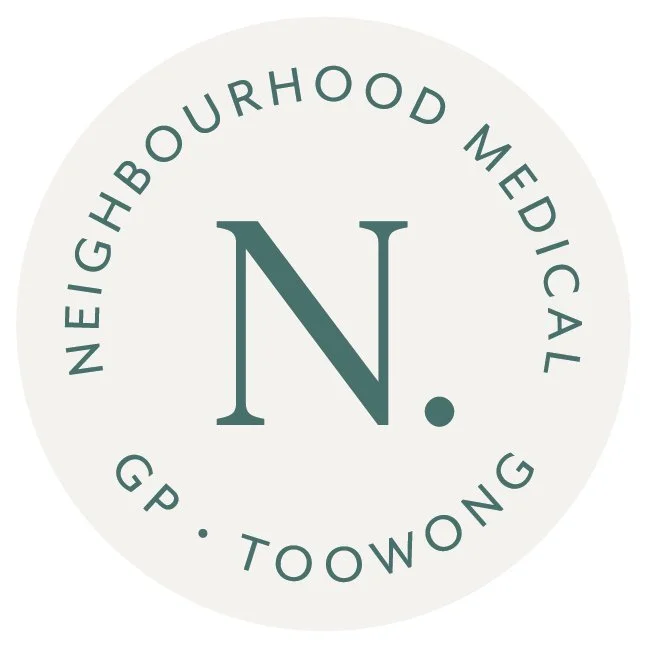Unsettled Babies – The Fourth Trimester
Dr Nicole White
My youngest baby is now 9 years old. The memories of pacing the hallways or sitting in a rocking chair for hours on end to settle my little darlings will however be etched in my memory for ever more. I can still recall the overwhelming emotions that come with this territory – fear that something is wrong, frustration that the baby won’t settle and sheer exhaustion due to lack of sleep and time for yourself. The early months are sometimes referred to as the 4th trimester of pregnancy, which often seems very appropriate. This is a really tough time and I describe it to new parents as a period of survival. I see new parents with concerns around irritable babies every single day.
You are not alone.
How much crying is normal?
All babies cry. Let’s face it, even very happy and contented babies will cry sometimes for no apparent reason. Certainly the duration and the intensity of the crying does vary among babies.
Studies done to look at patterns of infant crying tell us that all babies show an increase in daily crying over the first few months of life. Crying increases gradually in the first 4-6 weeks before peaking and gradually settling down by 3-4 months. At the peak, babies can be expected to cry for 1-5 hours per day, sometimes more. This is part of normal infant behaviour and development and 98% of babies who cry excessively at this time have nothing wrong with them. Babies can cry for many hours at a time and still be very healthy.
Often as parents we assume that our baby is crying because they are in pain related to wind or some other cause. This is where the term “colic” has come from. Babies with colic are those who cry excessively. Colic does not actually describe an underlying medical condition. We know that some babies cry more loudly and intensely than others, meaning they are more sensitive but not necessarily in more pain.
What is Purple Crying?
Dr Ronald Barr is a well-known paediatrician in the USA and an expert on infant crying. From his observations and years of research he has developed the concept of “Purple Crying”.
P Peak of crying. Crying increases weekly until 4-6weeks then begins to settle
U Unexpected crying. This crying will come and go. Often no cause can be identified
R Resists soothing. Often babies are inconsolable
P Pain like face
L Long lasting. 5+ hours per day
E Evening – generally more crying in the late afternoon / evening
This is a predictable pattern that occurs in almost all babies to some degree and will eventually settle.
How do I know if there is something wrong with my baby?
There are some features to look out for which can be a sign of an underlying problem. Be sure to talk to your doctor as soon as possible if your baby has any of these features.
1. Poor Feeding – often babies want to feed constantly at this time for hunger and comfort. If you baby is not interested in feeding or not feeding well they may be unwell.
2. Diarrhoea – baby poo can vary enormously. The occasional green stool or tiny bit of mucus is often normal. However, if your baby has frequent green or mucousy stools or there is blood present in their nappy they may have an illness or be reacting to something in their diet.
3. Excessive vomiting – all babies have a weak valve at the opening to their stomach. This means that milk is easily regurgitated. This is not reflux. If your baby is vomiting large amounts or appears to be distressed by the vomiting, then other causes should be considered.
4. Poor weight gain – in the first 6 months of life we like to see babies gain around 150g or more each week. Babies who are not gaining enough weight may not be getting enough milk or may have a problem with their digestion.
5. Fever – a temperature of more than 38 degrees in babies under 3 months of age can be a sign of serious illness.
How can I help my baby?
Coping with an irritable baby is exhausting regardless of whether you are a first time parent or you have already walked this path. It is so important that you look after yourself at this time and seek assistance and support from others whenever possible.
Please talk to your GP. I often remind parents that there is no “stupid” question when you are a new parent! Make sure there is nothing causing your baby to be distressed and get some support during this difficult time. We can advise you on the use of over the counter products which might help to settle an irritable infant.
My other hot tip is to have realistic expectations of yourself during this time. Caring for your unsettled baby is a round the clock job. You may need to accept that your house may not be as tidy as you would like, your washing might pile up, you might have to eat take out and you may not have much time for your friends and family. Just remember - this will not last forever.
Babies who cry excessively are usually healthy but are often very difficult to live with. Before you know it, they will be nine like my baby and the anxiety and exhaustion will be a distant memory.



